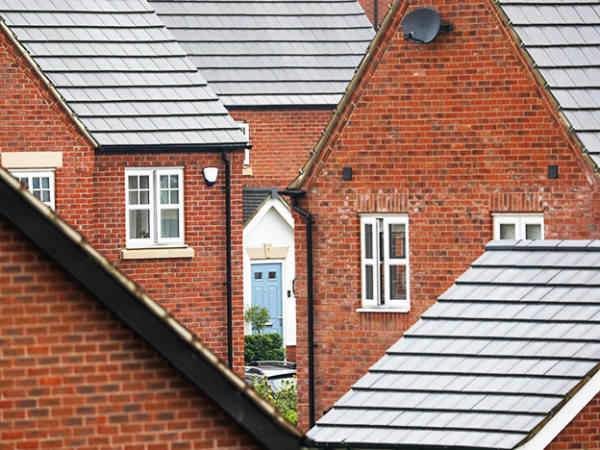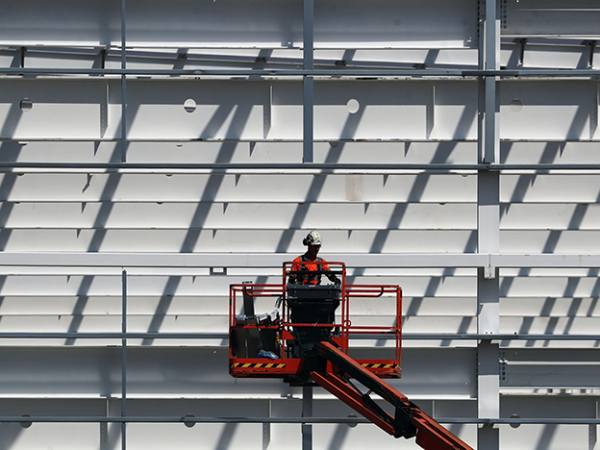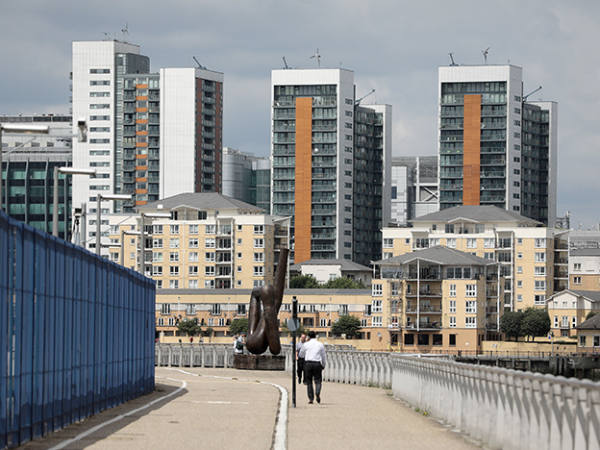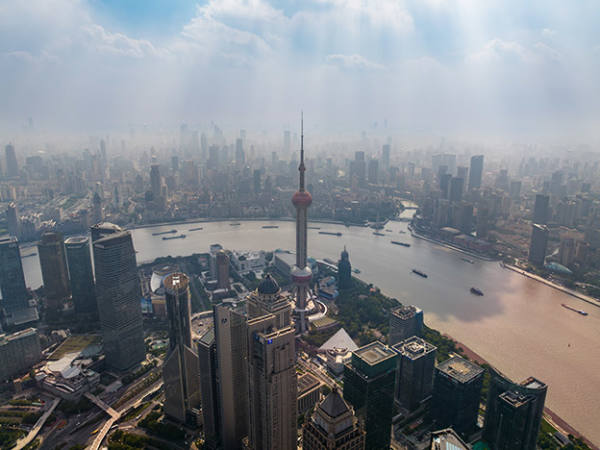Back in February, Dar Global (DAR) made headlines by listing on the London Stock Exchange with plans to build swanky homes across Europe and the Middle East for the world’s ultra-wealthy. It marked the biggest real estate initial public offering (IPO) in well over a year at a time when few other companies of any kind are coming to market. Indeed, the $72mn (£60mn) raised by Dar Global in its IPO accounted for three-quarters of the £81mn raised across the whole exchange in the first quarter of this year.
However, there are reasons for investors to be sceptical. First, the 21.6mn shares offered in the IPO represent a mere 12 per cent of the company, with the remaining 88 per cent owned by Dar Global’s backer, parent company Dar Al Arkan Real Estate. The price is also expensive, representing a 76 per cent premium to the net asset value (NAV) of the company at a time when the bulk of the UK’s listed property companies are trading at discounts to NAV. The shares have barely traded either, unsurprisingly given the extremely limited free float.
Dar Global chief executive Ziad ElChaar admits that the current situation does not offer investors much in the way of shareholder influence or liquidity, but says that will change with further share issues in the future eventually shrinking Dar Al Arkan’s ownership to that of a minority shareholder. If that does happen, private investors may become more interested. But should these commitments be believed?
‘Affordable luxury’
Dar Al Arkan became the Saudi Arabian giant it is today by building high-end homes across the kingdom. ElChaar says that Dar Global’s plan is to take this same idea and do it across the Gulf Cooperation Council (GCC) region of Kuwait, the United Arab Emirates (UAE), Qatar, Bahrain and Oman, as well as in Europe. By 2025, ElChaar says the aim is for the company to generate half of its revenue in Europe and the other half in the GCC.
ElChaar says Dar Global is targeting an international market of ultra-wealthy “international citizens” and “digital nomads” looking to buy a second – or even third – home. There are numbers behind this thinking. According to wealth data company Wealth-X, the number of ultra-high-net-worth individuals, which it defines as anyone with wealth greater than $30mn, has surged 68.1 per cent from 233,000 in 2016 to 392,000 in the first half of 2022. Meanwhile, the global population has increased a mere 6.52 per cent over the same period – a strong indicator that there is a fast-growing global market for luxury.
Dar Global’s maiden trading update revealed the extent to which such demand has fed through to its own portfolio. Despite the fact that it has no completed assets, with all of its luxury homes in various stages of development, it has managed to sell nearly a thousand units off-plan, accounting for around half of the homes it is currently building out.
This compares favourably with the UK’s listed housebuilders. Forward sales accounted for 13 per cent of Persimmon’s (PSN) total revenue for the last calendar year and 30 per cent of its 2021 revenue. For Dar Global, all of the £35.1mn revenue it posted for the first quarter of this year was from forward sales, on which it generated £3.94mn in pre-tax profit.
Yet, none of this is a guarantee that Dar Global can repeat this trick in Europe when the bulk of what it has sold so far has been in the GCC, and its parent company has never built so much as a birdhouse outside of Saudi Arabia. It has had some early success in Bosnia, where it has forward sold 18.7 per cent of its seafront Sidra project in Ravne, Vares, due to complete at the end of 2024. The rest of its European projects comprise three schemes in Spain, which are all in the planning and design stages with no forward sales yet, and a single home refurbishment in Park Lane, London due complete early next year.
This gets to the heart of the issue with Dar Global – the leap of faith. It shares are currently expensive, illiquid and don’t come with much power over the company. By buying now, investors are trusting ElChaar’s pledge that values will rise to match the price and that further floats will create liquidity and reduce Dar Al Arkan’s influence. They are also trusting a company founded by people who have succeeded in the unique luxury development world of Saudi Arabia can translate that idea beyond it.
Indeed, ElChaar leans heavily on Dar Al Arkan’s Saudi Arabian business as the reason to buy into Dar Global. “Since its inception in 1994, the track record of that company is that it has delivered every project it has announced,” he says.
At first glance, Dar Al Arkan certainly looks solid. According to its filings on Tadawul, the Saudi stock exchange, it made SAR588mn (£126mn) in profit before zakat, a tax-like obligation in Islamic financial law to donate some earnings to charitable causes, from SAR3.9bn in revenue in the last calendar year. The business also has much lower gearing than many UK real estate investment trusts, with a net debt-to-equity ratio of 25 per cent.
However, Dar Al Arkan’s leverage is much higher than the UK’s big housebuilders, which tend to operate on a net cash position. What’s more, the revenue and pre-tax profit performance of Dar Al Arkan over the past 10 years has been unimpressive (see chart) with pre-zakat profit failing to surpass the SAR699mn it posted in 2013.
Mixed as Dar Al Arkan’s results have been over the past decade, there’s little disputing its size and scale, which begs the question as to why Dar Global has decided to list on the UK stock exchange at all. The £60mn raised at IPO pales in comparison to the £1.27bn on Zar Al Arkan’s balance sheet. Is the IPO just a marketing exercise?
“Marketing-wise, it definitely adds to your credibility to be governed by the laws and regulations of the London Stock Exchange,” admits ElChaar, but he adds that a London listing also creates the potential for “growth at an exponential pace through doing joint ventures across Europe” with businesses he says will be more comfortable working with a public company regulated “in a way they understand”.
Precisely how much growth, ElChaar won’t say, declining to give a market cap or portfolio target when asked. As with so much ElChaar says about Dar Global, shareholders will simply have to take him at his word.













